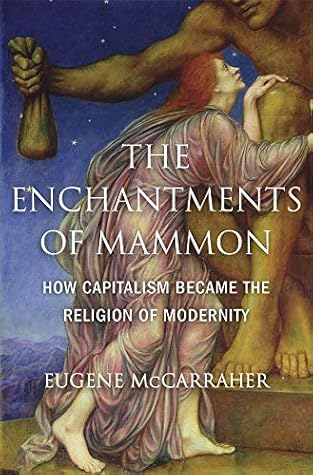in Capital, Marx portrayed the industrial apparatus as “a mechanical monster whose body fills whole factories, and whose demon power, at first veiled under the slow and measured motion of his giant limbs, at length breaks out into the fast and furious whirl of his countless working organs.” This was not mere melodramatic rhetoric, for it conveyed Marx’s central contention about the nature of modern machinery and industry: that its “demon power” was, in the end, the stolen and disfigured productive potency of the workers themselves.
Welcome back. Just a moment while we sign you in to your Goodreads account.


